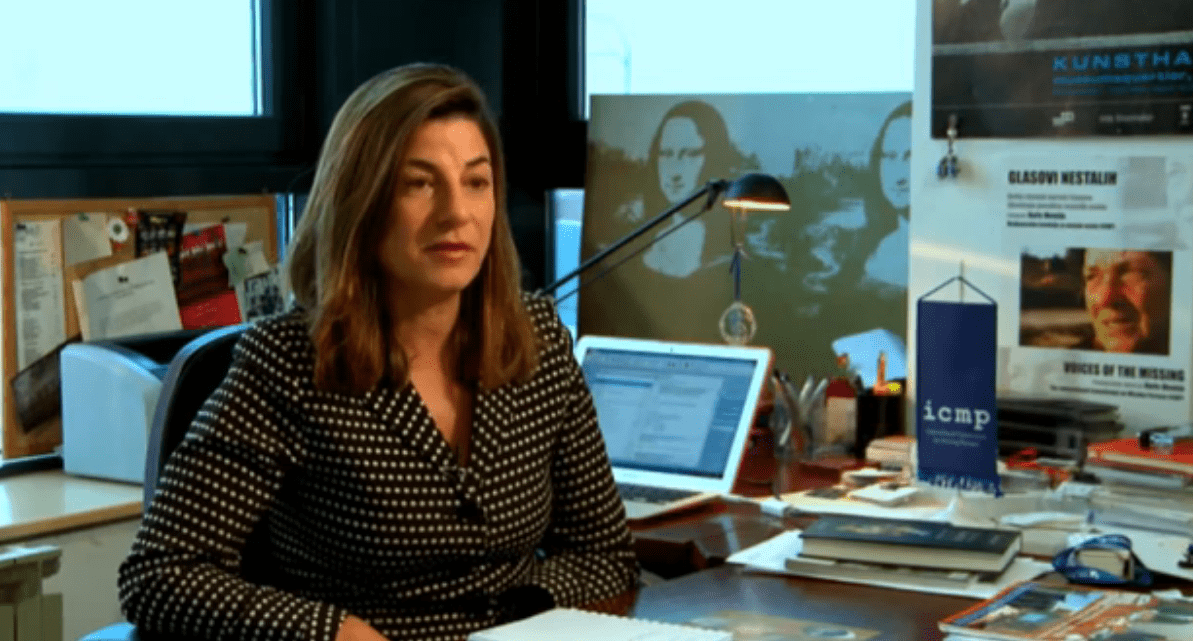This post is also available in: Bosnian
Representatives of the courts and prosecution, as well as the media from eastern Herzegovina agree that it is necessary to improve cooperation in order to inform the public, in a timely and proper manner, about the ongoing war crime trials.
This was one of the conclusions drawn after the two-day debate meeting on “Transparency in District and Cantonal Courts and Prosecution”, which was held in Trebinje.
The meeting was organised by the BIRN Office in Bosnia and Herzegovina and Konrad Adenauer Stiftung.
The Trebinje meeting was the second such meeting, whose aim was to make the work of the local judiciary more transparent and more available to the public in general.
The first meeting was held in Doboj in mid February this year.At the meeting in Trebinje on May 26 and May 27 representatives of the BIRN Office and the Association of Court Reporters (AIS) spoke to the reporters, who cover the trials conducted before the District Court in Trebinje and Cantonal Court in Mostar and follow the work of the prosecution in this region.
The media representatives stressed the need for the courts and prosecution to recruit qualified spokespersons or information officers, which, at the same time, means that they should be available to the media after working hours.
The media representatives also said that there is no spokesperson in the District Court in Trebinje and Cantonal Court in Mostar, although the situation has improved after the technical secretary of the District Prosecution in Trebinje took over the function of an information officer.
The media criticised the judicial institutions for not updating the existing web pages and for failing to upload the trial timetable on their web pages, as this would be of great help to the journalists in their work.
The journalists, who attended the meeting, expressed their dissatisfaction over the fact that they “are excluded from some trials due to the lack of space in courtrooms,” although the trials are open to the public.
The judicial representatives said that it was necessary for the journalists to respect the ethical and professional standards. They agreed with the journalist, who said that the recruitment of qualified information personnel would facilitate their work and improve transparency.
In addition, the judicial representatives agreed that it was necessary to update the existing web pages, which would help the reporters obtain the necessary information. This would also reaffirm their openness towards the media in Bosnia and Herzegovina and abroad.
The journalists agreed that they needed to undergo an additional training, as, in the course of the trials, they hear legal terminology, which they cannot explain in their texts in order to make them understandable to the public.
Following a several-hour discussion with the judiciary and AIS members, the media representatives agreed that they could not comment on first instance verdicts, as they do not represent final decisions and also because their comments “have a direct impact on the criminal proceeding.”
In addition, the media agreed that the judges should not comment on the verdicts.
Both the media and judiciary agreed that “the judicial institutions should become more proactive” and issue public announcements and organize press conferences on current issues, instead of doing it with delays of one or six months.
Following the meting in Trebinje, similar meetings will be convened in Travnik and Brcko.Besides the BIRN and Konrad Adenauer Foundation representatives, all meetings are attended by AIS members.
The Association of Court Reporters was established in 2005 in order to acquaint the public with the work of the Court of Bosnia and Herzegovina and its Prosecution. The AIS is expanding its activities in order to cover local judiciary and involve as many reporters from the entire country in its network.



